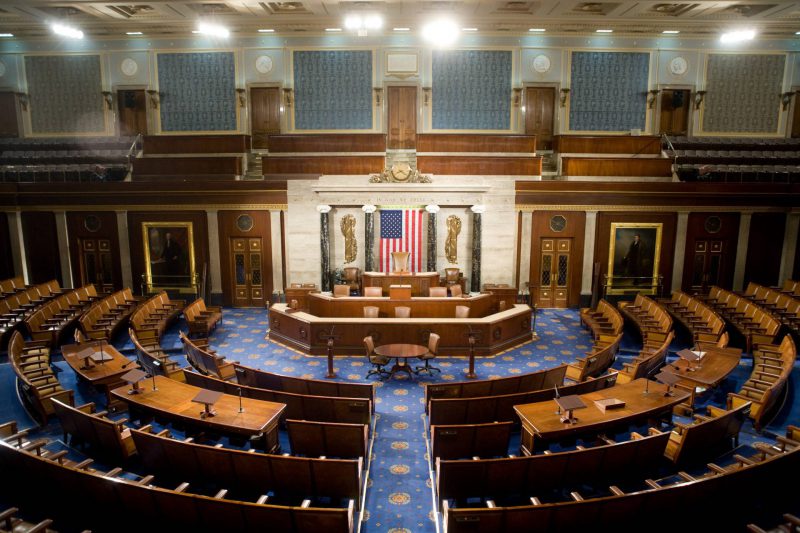US Congressman Ro Khanna has officially introduced a bill that would effectively ban stock trading in Congress. Indeed, the bill would ban both Congressional members and their spouses from the practice and has been introduced following its initial proposal in September.
Khanna highlighted the bill yesterday in a post to X (formerly Twitter), in which he brought forth the legislation’s five main points. Among those, was the banning of lobbyist and PAC donations, as well as restricting Congress members from becoming lobbyists.
Also Read: Deputy Treasury Secretary: Congress Must Fight Illicit Crypto Use
Bill to Ban Stock Trading in Congress Gets Introduced
Throughout this year, the US government has sought to introduce bills that challenge the status quo of elected officials. Among them was a landmark piece of legislation that sought to place restrictions on certain stock trading activities from elected officials. Now, that bill has taken another step forward.
Specifically, US Congressman Ro Khanna has officially introduced a bill that would ban stock trading in Congress. Moreover, the legislation features five points, including the restriction of stock trading from the spouses to Congressmen. The bill would also implement new term restrictions and changes in lobbyist activity.
Also Read: Biden to Ask Congress for $100 Billion in Ukraine, Israel Aid
In the five points, Khanna primarily seeks to banish stock trading for Congressional members. Additionally, he is seeking to both ban PAC and lobbyist donations, while also disallowing former members from becoming lobbyists.
Moreover, Khanna’s bill would implement a term limit for both Congress and the Supreme Court. Finally, he is introducing a resolution to enforce a code of ethics on the Supreme Court. Conversely, Khanna has described the bill as his attempt to “clean up the corruption in Congress.”





